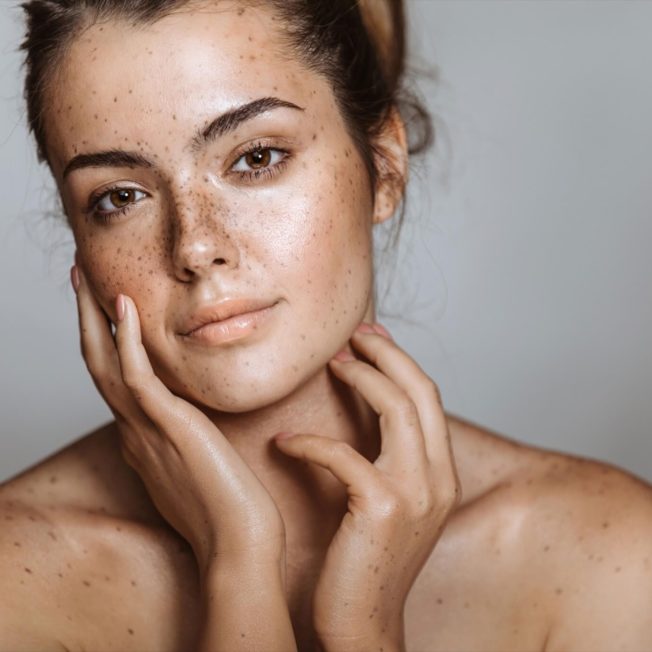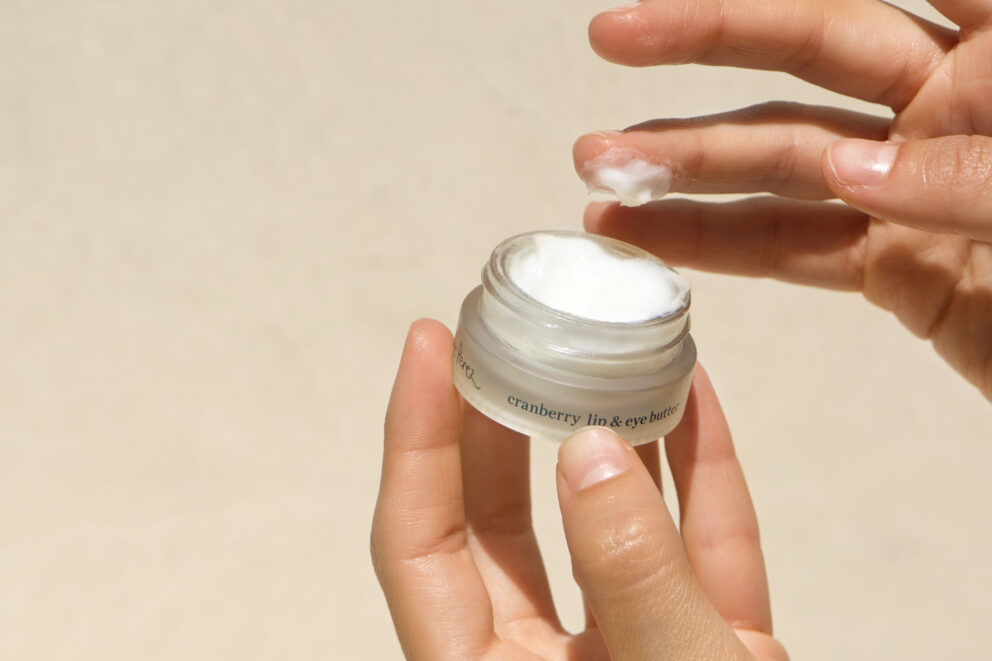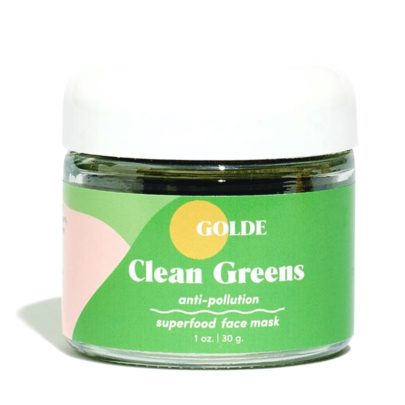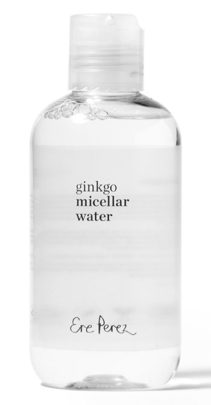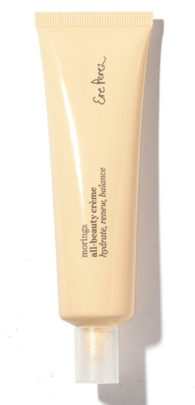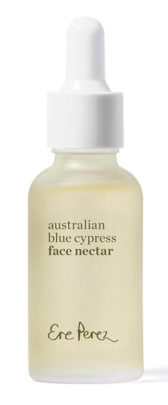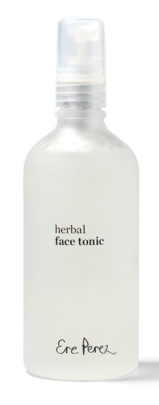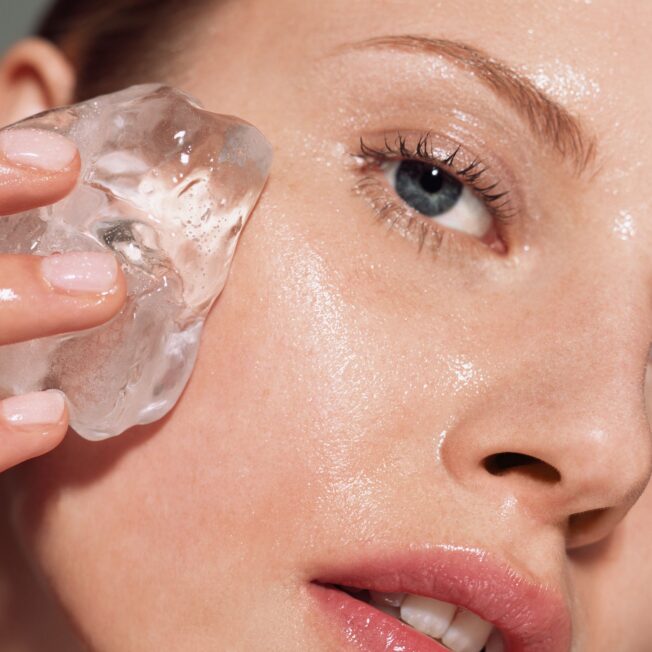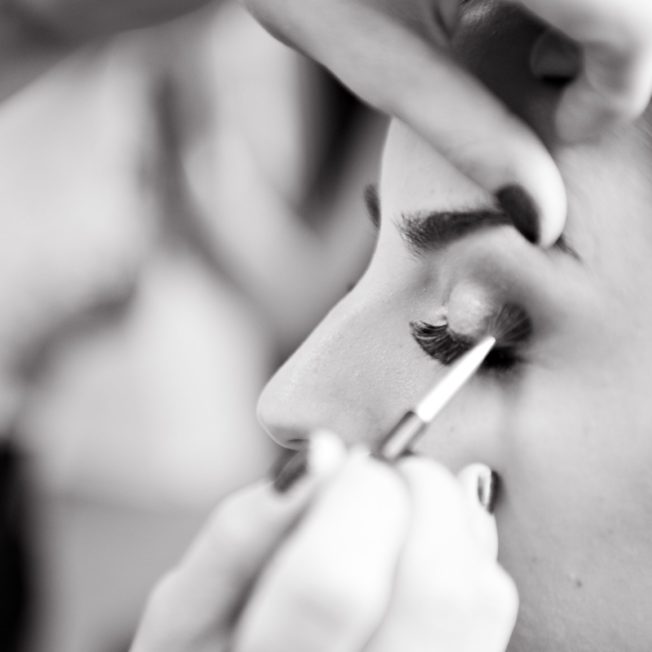More and more people are deciding to swap out their usual skincare products for natural, organic versions instead (the natural beauty market is said to be worth $13.2 billion, growing faster than any other sector of the beauty industry). Why? Because there’s mounting evidence that many of the chemicals typically used in drugstore and luxury skincare items alike are harmful to the skin and body — and sometimes, even toxic.
Take parabens, for example. These synthetic preservatives help prevent the growth of mold in skincare products… but they’ve also been shown to disrupt the endocrine system (aka, our hormones). Silicones, usually found in serums, moisturizers, primers, and foundations, can actually clog pores, leading to breakouts. But perhaps the most shocking skincare ingredient of all is formaldehyde — yes, the same formaldehyde used in outdated high school science experiments — which is a byproduct of over a dozen common beauty ingredients… as well as a probable carcinogen (a cancer-causing agent). No wonder women want to clean up their beauty routines.
But unfortunately, finding truly natural and organic beauty products isn’t as simple as it should be. That’s because the terms “natural,” “organic,” and “vegan” aren’t regulated by the Food and Drug Administration (FDA); so beauty brands can slap these words on products even if they contain synthetic chemicals.
What Is Natural Skincare?
Natural, for all intents and purposes, is a marketing term. If a product is made up of even 1% natural ingredients, brands can use that to sell you a chemical-filled product. Another common trick brands often employ is using the phrase “naturally-derived.” There are a whole host of synthetic ingredients that are technically derived from nature, but go through chemical processes before they’re bottled. (Hyaluronic acid, a popular moisturizer ingredient, is a great example of this.) Just because something is naturally-derived doesn’t make it natural.
In actuality, a true natural product is one that only uses ingredients found in nature, whether they’re earth-based (like clay), plant-based (like seed powders and oils), or animal-derived (like beeswax and honey). To make sure your purchases are actually all-natural, scan the ingredients list of every product you purchase and keep an eye out for chemicals and synthetics.
What Is Organic Skincare?
Just as it is in the food industry, natural skincare ingredients aren’t necessarily organic.
Organic (that is, natural and produced by methods that don’t include synthetic chemicals or pesticides) isn’t a term that’s regulated by the FDA, either — so just because you see it on a label doesn’t make it true. The only way to tell for sure that a product is organic is if it boasts the “USDA Certified Organic” seal.
What Is Clean Skincare?
“Clean beauty” is another ambiguous term that’s on the rise, but this one is finally starting to get some definition around it. So what does it mean? Essentially, “clean” products use only ingredients that have been scientifically proven to be safe for the skin.
Now, this doesn’t mean the ingredients in a “clean” product are natural or organic. Many man-made chemicals are included under the “clean” umbrella, so long as they’ve been shown to pose no threat to the skin or body. A great example of this is the preservative phenoxyethanol, which is used by clean beauty brands like BeautyCounter and Nécessaire, to preserve water-based products. Even though it is a chemical preservative, studies claim it has no adverse effects on the skin.
Which One Is Best?
If your skin is sensitive or prone to allergic reactions, use USDA certified organic skincare products when possible. These are the least likely to cause any irritation or expose your skin to harmful substances.
If you’re unsure if a certain beauty product or ingredient is natural, organic, or clean, head to the Environmental Working Group’s Skin Deep Database. Here, you can search any company, product, or ingredient to find out how safe their products are. Or, download the Think Dirty app so you can scan and search products to see how they rate in regards to carcinogenicity, toxicity, and allergies.
Sure, determining which skincare products are truly natural, organic, and clean requires a little bit of extra effort — but in the long run, it’s so, so worth it.
















